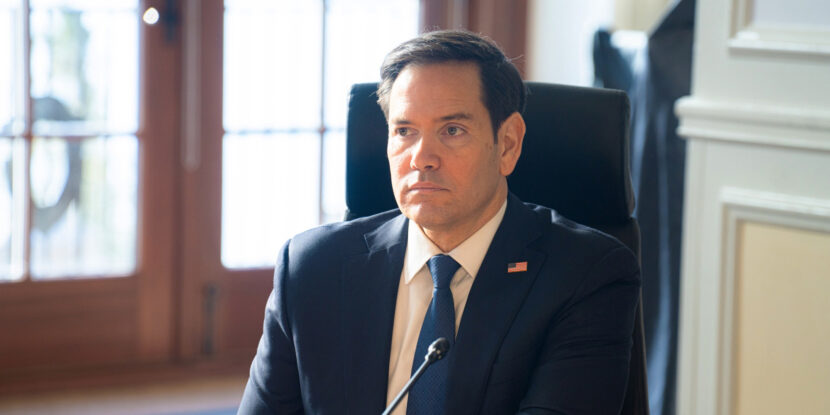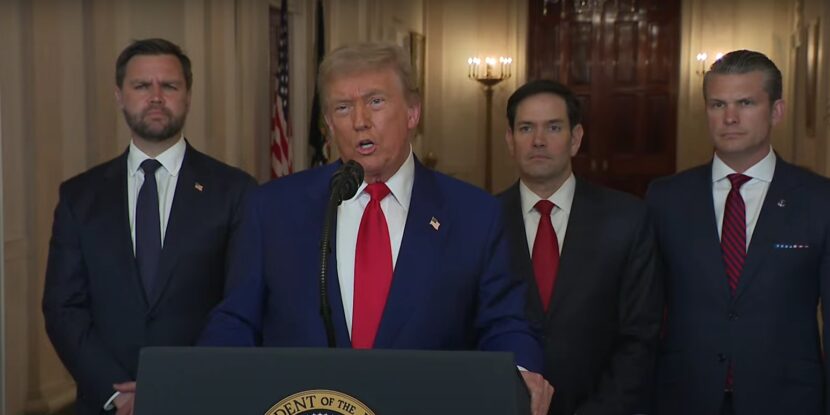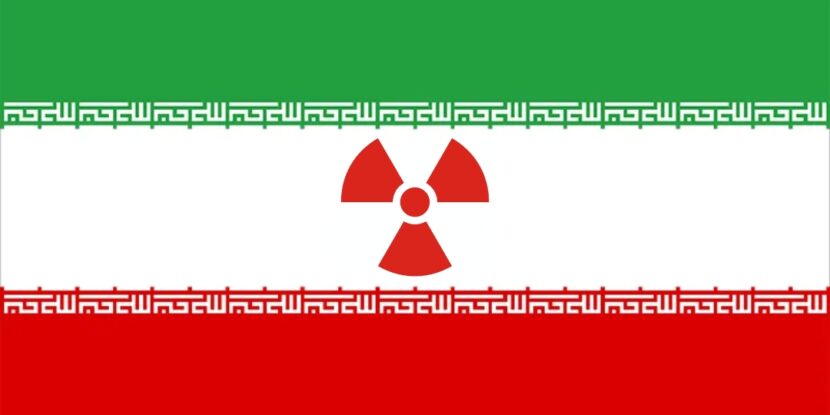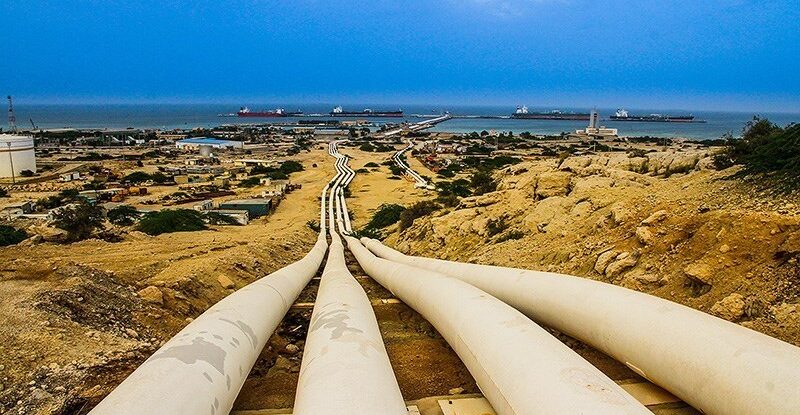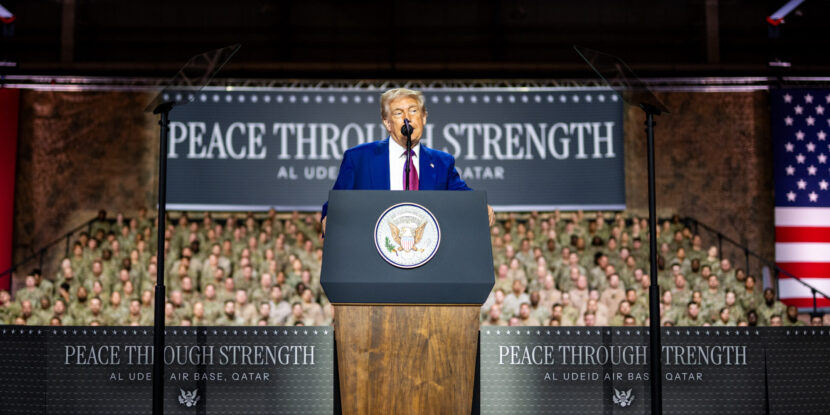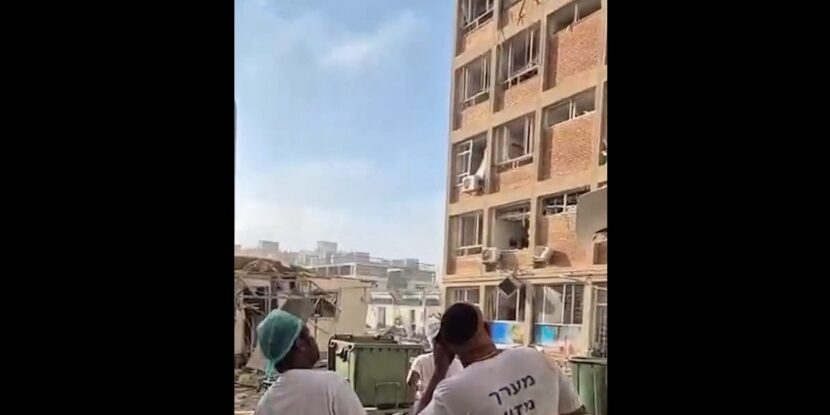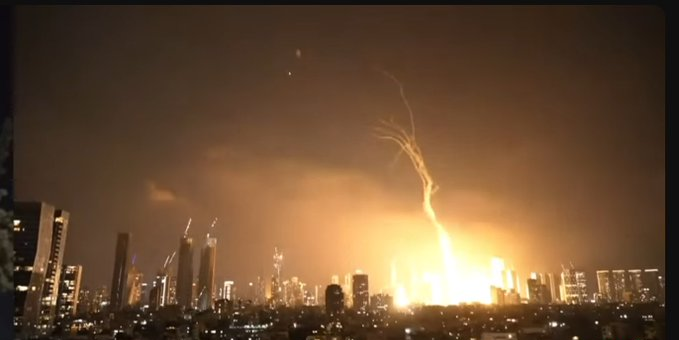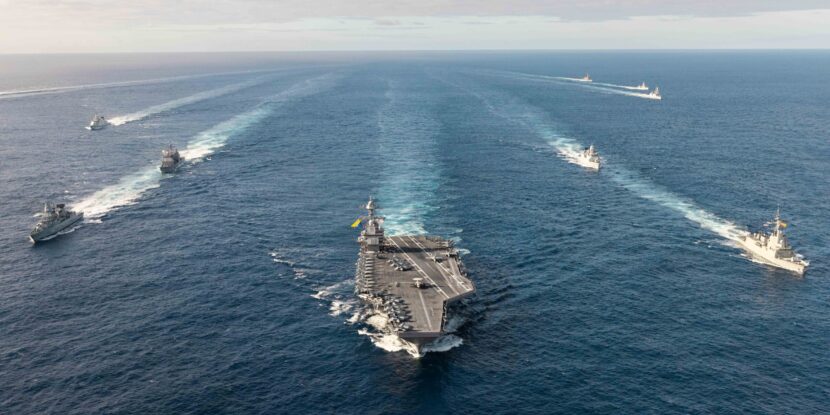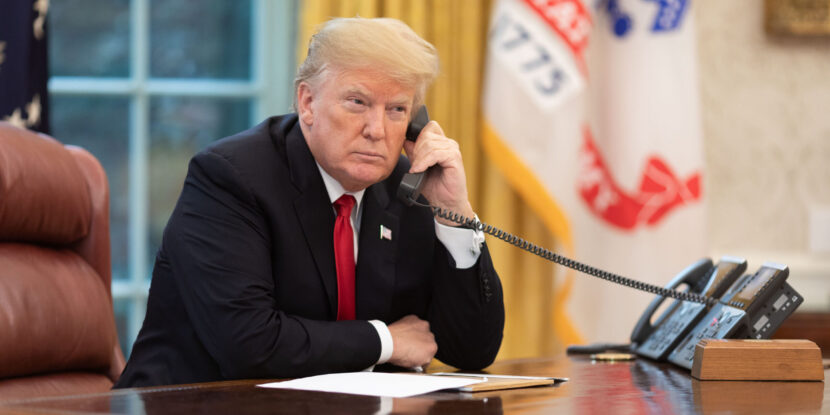❓WHAT HAPPENED: The United States Embassy in Qatar issued a shelter-in-place warning for U.S. citizens in the country, citing an increased threat to Americans worldwide.
👤WHO WAS INVOLVED: The U.S. Embassy in Qatar, the Department of Homeland Security (DHS), and the State Department.
📍WHEN & WHERE: The warning was issued on Monday morning in Qatar, following U.S. airstrikes on Iranian nuclear facilities over the weekend.
💬KEY QUOTE: “The conflict between Israel and Iran has resulted in disruptions to travel and periodic closure of airspace across the Middle East. There is the potential for demonstrations against U.S. citizens and interests abroad.” – U.S. Embassy in Qatar
🎯IMPACT: Heightened security measures and increased caution for U.S. citizens globally due to potential threats and disruptions.
The United States Embassy in Qatar on Monday morning told U.S. citizens in the country to immediately “shelter in place until further notice,” as the State Department warns of an increased threat to Americans worldwide.
The Department of Homeland Security (DHS) issued its own heightened threat alert for all Americans on Sunday, after the U.S. bombed Iranian nuclear facilities over the weekend.
The embassy in Qatar said the latest warning was “out of an abundance of caution” and did not appear to be in response to a specific threat.
The warning comes after the embassy said to exercise increased caution on Sunday. “The conflict between Israel and Iran has resulted in disruptions to travel and periodic closure of airspace across the Middle East,” the embassy alert said Sunday. “There is the potential for demonstrations against U.S. citizens and interests abroad. The Department of State advises U.S. citizens worldwide to exercise increased caution.”
Join Pulse+ to comment below, and receive exclusive e-mail analyses.
